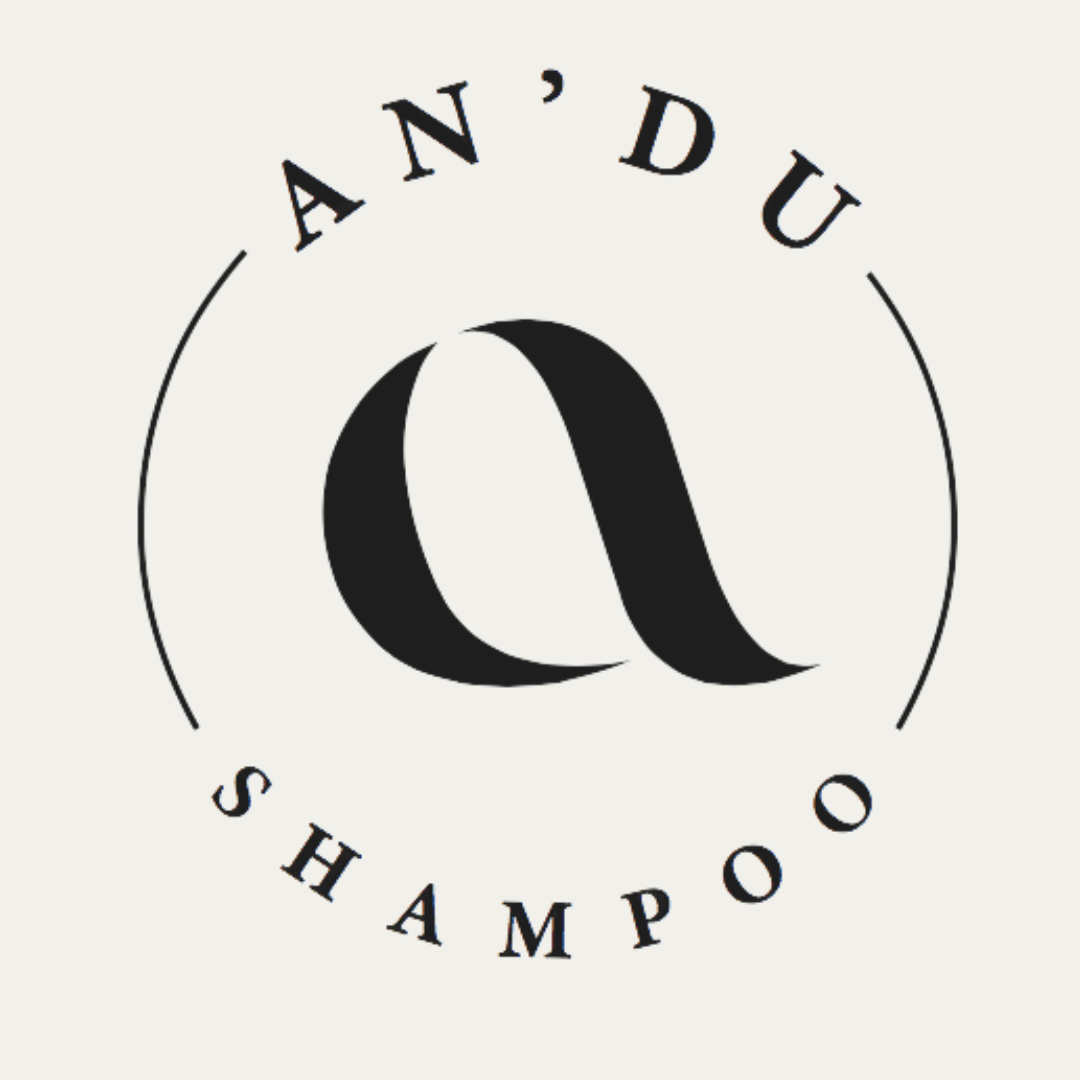One of the major hair care trends across Tiktok in recent months has been the idea of rice water helping grow and strength hair. We take a look here at the evidence behind these claims and whether or not it's worth giving it a go.
What is rice water for hair?
Sort of exactly what it says on the tin. Rice water is water that has been soaked in uncooked rice for anywhere between a couple of hours to overnight, that is then applied to the hair. You can do it before shampooing and conditioning or after, leave in as a mask for 30 mins or so, or some people put it in bottles and spray on as a leave in treatment after washing. Many hair care brands have jumped on the bandwagon and have developed shampoos, conditioners or treatments that also contain rice water, or a version of it. But the DIY version is very simply water that has had rice soaking in it for a while.
It's not a new phenomenon either, its origins can be traced back to ancient China and Japan with women using it on their hair and skin also. It's believed to help strengthen hair and encourage hair growth while also brighten skin.
Why use a rice water treatment?
A lot of influencers on social media display amazing results after a few weeks of using the rice water treatment of wonderful hair growth. Why could this be?
Well, rice water can be used as a vegan version of a protein treatment. Some more well established protein treatments that I'm sure you've come across before are keratin treatments (which are derived from animal products) and there is scientific evidence out there that kertain helps thicken and strengthen hair. One study saw kertain thicken hair strands by up to 49% and increase the mechanical strength of the hair by almost 2 fold after a single treatment (1). These keratin treatments come in all forms and you've probably seen lots of hair treatments on the shelves advertising that they contain keratin because of this.
Hair is mainly composed of keratin, so adding keratin to hair to promote strength and growth makes sense. So, if you want to avoid animal products in your hair, but are still looking for a protein treatment, rice water does initially sound like a sensible idea.
What's the evidence for it?
While this sounds very promising, keratin is characterized by high cysteine content, which varies from 7% to 20% of the total amino acid residues (1). While rice has protein as its second dominant major nutrient (6%-7%) the amino acid composition is very different to keratin. (2)
In fact, the cysteine content of rice is actually very small. If you look at the graph below (3) you can see that cysteine barely features compared to some of the other amino acids.
We also couldn't find any published articles in any scientific journals that back up the claim that rice water treatments help hair strength and/or growth. This does not, of course mean that it doesn't, it could just mean that the research hasn't been done yet (often the case when looking into things like women's reproductive health for example).
So, is it worth giving rice water treatments a go?
Well, despite the evidence not looking promising for rice water treatments, we would suggest that it probably isn't going to do your hair any harm. It's also worth noting that the germ portion of rice is rich in in antioxidants, vitamin B and E, phytochemicals, and lipids and the bran, the fiber-rich outer layer, contains B vitamins, trace minerals, and bioactive phytochemicals such as phenolic compound, phytosterols, and carotenoids. (2)
Phytochemicals (such as caffeine), phenolic compounds and phytosterols have all got promising implications for hair strength and growth (4) despite small studies and sample sizes. While vitamins can't be absorbed by the hair shaft itself, rubbing them into the scalp, could have beneficial effects on the hair follicles.
So all is not lost for rice water treatment - it could be that the beneficial effects come, not from the protein content, but from the other nutrients in it. Either way, if you're looking for an incredibly simple DIY hair mask, then this might be a fun one to try out... just don't expect any miracles!
References:
(1) Basit, A., Asghar, F., Sadaf, S., and Waheed, M. (2018) 'Health improvement of human hair and their reshaping using recombinant keratin K31' DOI: 10.1016/j.btre.2018.e00288
(3) Lkhagva, A., Tai, H-C., (2021) 'Dimethylcysteine (DiCys)/o-Phthalaldehyde Derivatization for Chiral Metabolite Analyses: Cross-Comparison of Six Chiral Thiols.' DOI:10.3390/molecules26247416
(4) Daniels, G., Akram, S., Westgate, G. E., Tamburic, S., (2019) 'Can plant-derived phytochemicals provide symptom relief for hair loss? A critical review' DOI:org/10.1111/ics.12554

